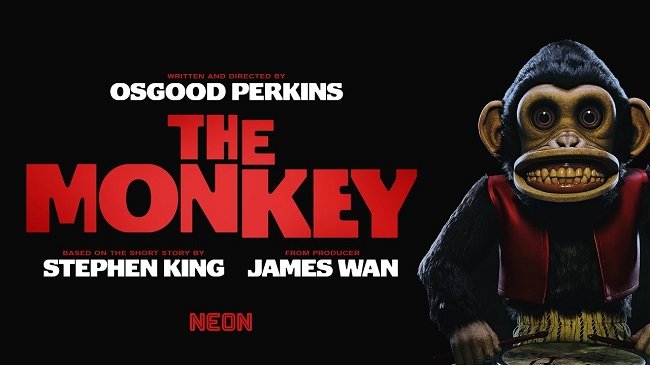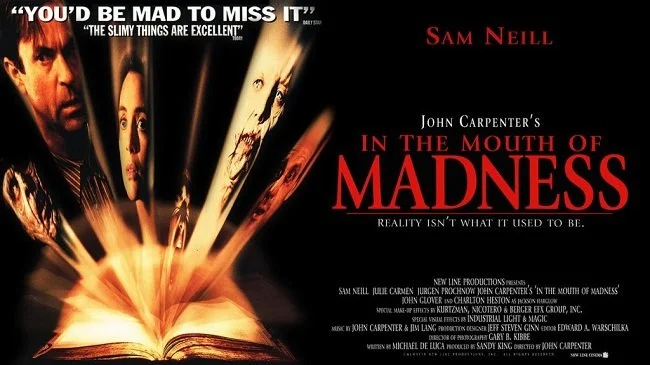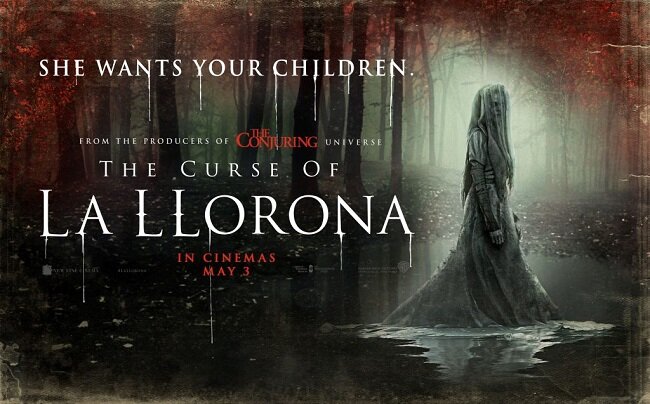The Caller (1987)
A woman (Madolyn Smith) returns to a remote cabin in the woods carrying groceries. On the way she passes an abandoned vehicle, which she searches. She finds a broken doll in the glove box. On arrival at the cabin, she takes a shower and then calls her daughter. She then prepares a meal for a guest and goes to the garage only to find that her jeep has a puncture from a broken bottle. A mysterious stranger (Malcolm McDowell) prowls around outside the cabin, watching the woman through the windows. He then knocks, claiming that his car has broken down and asks if he can use her phone. He calls a local tow service and requests that his car is collected and repaired. The woman grudgingly allows the stranger to wait although she states she is expecting a guest. The two then converse and it soon becomes clear that they’re both sceptical of each other’s respective stories. A strange game of cat and mouse ensues with each alternately gaining the upper hand. Slowly the atmosphere becomes more tense.
The Caller comes across more like a stage play than a film. There are only two cast members and the first thirty minutes are exclusively confined to the cabin. Initially the guarded dialogue exchanges between the two characters seems to imply that maybe the stranger is a police officer and the woman a suspect in murder case. But it soon becomes clear, due to the contradictory dialogue and the curious behaviour of each character when the other is out of the room, that something much more arcane is going on. The screenplay by Michael Sloan strives to be “Kafkaesque”, but although intriguing, it isn’t clever enough. The two leads are good and strive to bring some dramatic focus to the proceedings. But by the second act, which takes place the following day when the stranger and the woman meet in town and resume their confrontation, it starts to become frustrating.
The denouement of The Caller is remarkably left field and radically alters the trajectory of the film in its closing scenes. Director Arthur Allan Seidelman, who has a background in theatre as well as film, handles the proceedings in a workmanlike fashion. The fact that this film was made by Empire Pictures may perhaps give some viewers a clue as to what may lie ahead of them. The ending does resolve the story, but it may not satisfy all viewers. Upon reflection such a story would have fared better as an episode of The Twilight Zone or The Outer Limits. If you are going to tackle a story which incorporates a substantial twist that tests your viewers suspension of disbelief, then you perhaps need to approach such material in a more subtle fashion. As it stands The Caller is a curiosity but not necessarily because it is compelling. After investing an hour of your time, you just want to see where it ends up.




























